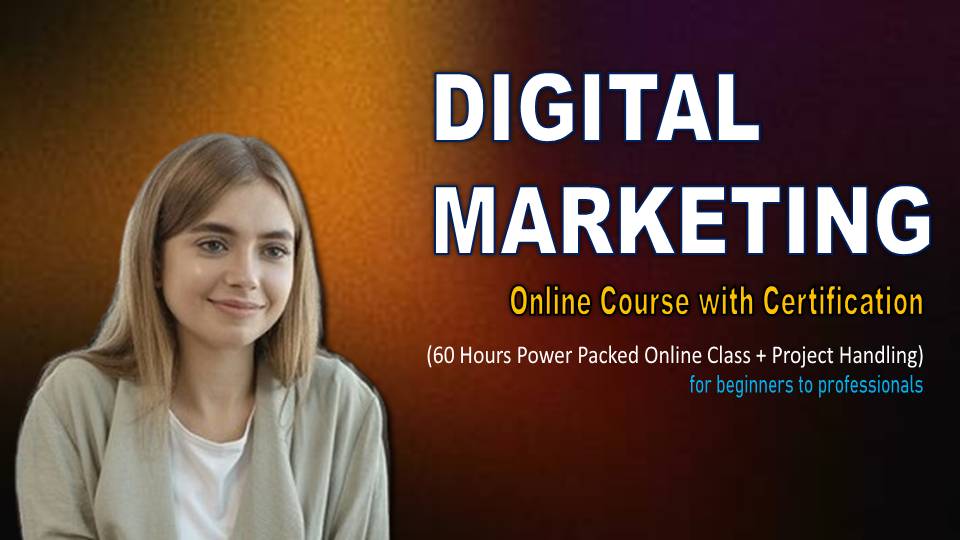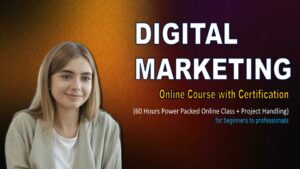Digital Marketing for Modern Business

About Course

In today’s fast-paced digital landscape, our Digital Marketing course is essential for modern businesses seeking to thrive online. This comprehensive program equips you with the latest strategies and tools to effectively reach and engage your target audience. You’ll learn about SEO, social media marketing, content creation, email campaigns, and data analytics, all crucial for crafting impactful digital marketing plans. With practical, hands-on experience and insights from industry experts, you’ll gain the confidence and skills to drive brand awareness, boost customer engagement, and increase conversions. Whether you’re a business owner, marketing professional, or aspiring marketer, this course is designed to elevate your digital marketing capabilities and keep you ahead in the competitive business world.
Course Content
Introduction to Digital Marketing
-
Draft Lesson
00:00 -
Draft Lesson
00:00
Understanding the Digital Consumer
Setting Digital Marketing Goals
Website Essentials for Digital Marketing
Website Design and User Experience
Search Engine Optimization (SEO)
Introduction to Content Marketing
Content Creation Essentials
Content Distribution and Promotion
Social Media Marketing
Email Marketing and Automation
Analytics and Measurement
Digital Advertising
Mobile Marketing and Emerging Trends
Student Ratings & Reviews

